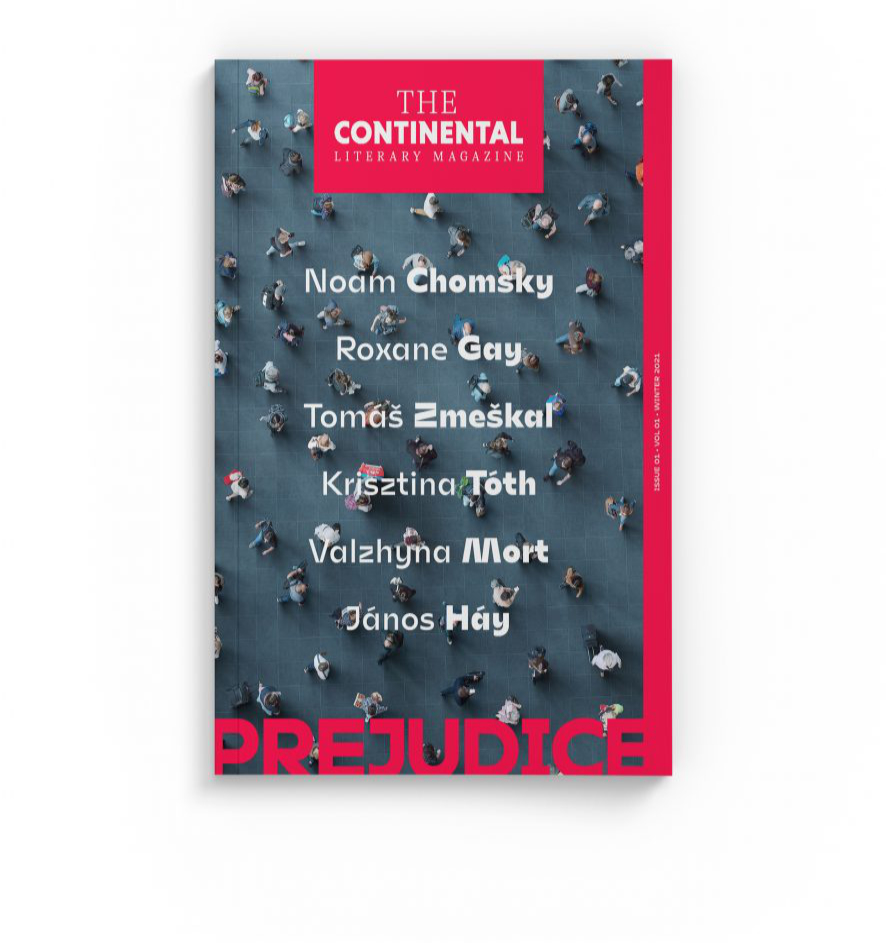
18th January 2022
Fiction
4 minutes read
The Polyglot Pub Key
translated by Owen Good

18th January 2022
4 minutes read
Not so long ago, on the way back to my birthplace, my wife and I stopped at a town in the province of Vojvodina, in northern Serbia. We were craving a Turkish coffee. We found a roadside diner on whose façade the establishment’s name was displayed in neon Cyrillic letters. It occurred to me that times had changed. Other kinds of black coffee would be available besides the simple, traditional Turkish. In my day, when I ordered a coffee in my hometown, there was never any dilemma. Coffee was coffee. Coffee grounds boiled in water. When the pretty, smiling waitress asked what kind of coffee I wanted, I replied, to my own surprise as well as hers, in Hungarian. Török kávé, I said. We stared at each other for a second, waiting, until it clicked, and I corrected myself by repeating the order in Serbian. She paid no heed to my first answer; it was as though she hadn’t heard me. I could see this wasn’t out of antagonism, but simply because she hadn’t understood what I’d said. In a mixed town where she must have heard Hungarian since she was a child.
To be fair though, she was kind and polite. She said goodbye as we were leaving.
But something occurred to me.
Our family legend has it that my childhood home once functioned as a pub. It was a corner house (still is), at the edge of the village, at the end of the main street, not far from the woods and the railway station. It was difficult to imagine a more fitting location for a pub. Men going to the train or coming back couldn’t pass the pub door without their ear being assailed by the siren song of clinking glasses and conversation. In the courtyard was a bowling alley where on Sundays the pins clattered until dark. Beers were pulled, spriccers spritzed. The village was mostly inhabited by Hungarians, Germans, and a minority of Serbians. Spritzer was the same in all three languages: spriccer.
When you ordered a spriccer, there was no prancing of national pride: the Germans, Hungarians, Serbians, even the Slovaks and the Romanians asked for the same when they were parched.
PC multiculturalism was a ways away then…
The pub was closed by my grandparents after the Second World War. But it wasn’t just the pub that disappeared. A lot of other things did too: for example, the Germans living in the village. When I was born, the only reminder of the house’s pub history, gathering dust in the attic, was a huge chest containing the former hospitality paraphernalia: the glasses, the pálinka glasses, the round flat bottles, the skinny bottles, and the bottles that bulged out at the bottom. There was also an old gas lamp, a stamp pad, spoons and forks, nicked knives, tin ashtrays. (The chest has its own history. My newly widowed great-grandmother brought it home from America, in the early 1910s, after her first husband in Detroit fell into a smelting furnace and instantly evaporated in the molten steel, along with her emigrant’s American dream of going to college. But that’s another story…)
I must have been nine or ten years old when in my childhood home, rummaging through the old chest for lost treasure, I came across a chunky key. It was greyish brown from rust, heavy, and the end where you held it (or clutched it rather, it was so big), had been shaped like a heart. Not a typical heart, a near-heart, an inward curving, pretzel-shaped ellipse. I was curious, where did the key go? What could such a huge, behemoth key close or open? How big was the door, if this was the size of the key? I tried it, but it didn’t fit either the gate, or the pantry door, or even the old-fashioned lock on the door to the attic stairway.







